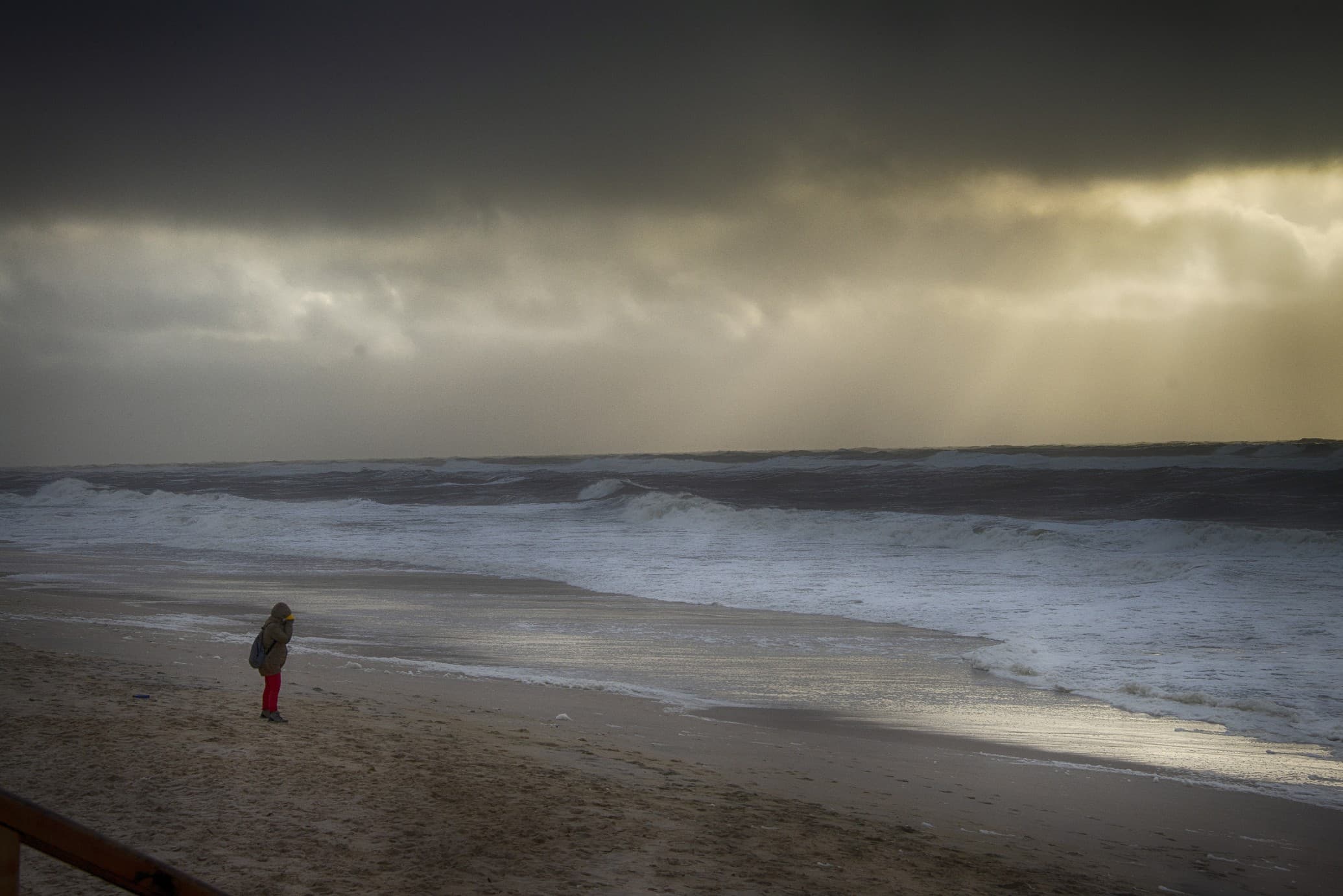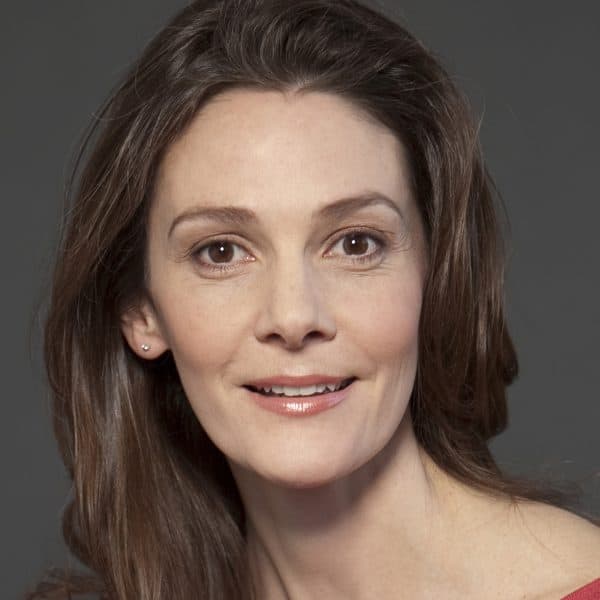
The courage to say 'I don't know'
It’s now common practice for colleges to require instructors to discuss with their students, on the first day of class each semester, the fundamental principle of academic integrity – a perfidious little phrase, not only because it fancifies a simple ideal (be honest), but because in so doing, it’s emblematic of the very culture that fosters fraudulence in the first place: the too-often obfuscating, gate-keeping, stratifying milieu of higher education.
As an outsider in the academy, I’ve witnessed the effects of this system on students and colleagues alike. I’ve seen young writers contort their prose into incomprehensibly pretentious muddles, all in a disastrous bid to sound more erudite than they are. I’ve seen peers blush pink to the rims of their ears as they struggle to cover for lack of familiarity with a text or theory mentioned by a senior scholar. But initially I failed to connect these phenomena with the exigencies of addressing academic dishonesty.
Dutifully, then, on the first day of class, I’d follow the mandate in rote fashion. I’d identify the proper ways to cite sources, to acknowledge allowable collaboration, to quote and to paraphrase. I’d itemize the more obvious forms of plagiarism and cheating. During which, the students’ eyes would somehow manage simultaneously to glaze over and flicker with a combination of resentment and anxiety: the former triggered by finding themselves subjected to disciplinary tskings before they had so much as uncapped their pens; the latter triggered by being asked to envision how easily, unless they maintained constant vigilance, they risked morphing into perpetrators of these crimes. Talk about starting the semester on a high note.
I don't know is a phrase which becomes us.
Jean-Jacques Rousseau
I started to wonder why academic integrity presented so rampant a problem in the traditional college environment. If people regularly feel they must resort to dishonesty, doesn’t that suggest they perceive honesty as bearing an untenable cost? What would happen, I wondered, if I could eliminate that perceived cost, at least within the small community of my own classroom?
So instead of going over the policy handbook with students, I now spend part of the first class telling them about my friend Mary.
“My friend Mary,” I say, “is the bravest person I know. She’s been an English teacher for ages, three or four decades. She’s really well-read, incredibly smart. But what makes her uncommonly brave is what she does when she’s having a conversation and the other person mentions a book or author in that way that assumes she’s familiar with the work.”
I look around the classroom. “You know what I’m talking about, right?”
They look back blankly.
Advertisement
“You know when you’re with people you want to impress, people you find a little intimidating? Maybe you’re feeling kind of dumb, like you don’t really belong with them. You’re worried you’ll be found out? And somebody mentions a writer or the title of a book in this tone like, ‘Naturally you know what I’m talking about.’ And even though you have no clue, you do that little thing where you narrow your eyes and purse your lips and give this thoughtful nod.”
By now some of the students are grinning; a few nod their own heads knowingly.
“You know what Mary does in that situation?”
They’re quiet, alert.
“She says, ‘I don’t know that book.’ She says, ‘I’ve never heard of that person you named.’”
And so we talk about fear -- my fear, their fear, all of our fear. We lay it out on the seminar table: the big, heavy animal body of our collective fear
Sometimes here one or two students will laugh out loud — not so much because they find it funny, I think, as out of pure relief. The shoulders of everyone in the room visibly drop an inch.
“The first time I ever witnessed Mary do that,” I continue, “I swore to myself I’d follow her example, I’d be that brave. Guess how I’ve done?”
They raise their eyebrows, half-hopeful, half-leery.
“Not that great,” I confess. “It’s ridiculous! I still do it sometimes! Less often, but yes — from time to time, I still catch myself faking it!”
Then I ask them why they think this is.
And so we talk about fear — my fear, their fear, all of our fear. We lay it out on the seminar table: the big, heavy animal body of our collective fear. It’s usually sleeping by then, so we’re able to talk freely, prod it a little, rearrange its tail, even stroke its fur and comb out some of the mats. We talk about which environments tend to nourish that fear, in which situations we feel most at its mercy. We notice that academia is one of its natural habitats, and we discuss what we can do to make our own environment less hospitable to it. We pledge to start by committing to bravery in the tradition of Mary: we pledge, at least within the enclosure of our classroom, to own our limits without apology, to be forthright about what knowledge we lack.
Fear engenders lying. If we want our colleges and universities to be bastions of academic integrity, we need to look honestly at the ways they might encourage fakery by stoking fear. In Jean-Jacques Rousseau’s "Émile: Or, Treatise on Education," the philosopher writes, "I do not know is a phrase which becomes us." Too often we fear uttering these words, convinced that doing so will diminish us, will undermine our status and block our advancement.
In fact these words liberate and empower. So much of the condition of being human involves not knowing. The more comfortable we become with this truth, the more fully and unabashedly we may inhabit our skins, our souls, and — speaking of learning — the more able we become to grow.
Editor's note: This essay was first published on Oct. 16, 2012. It is being republished, with a new audio version, as part of Cognoscenti's 10th anniversary celebration. This essay went onto become a book: "I don't know: In praise of admitting ignorance (Except when you shouldn't)."
